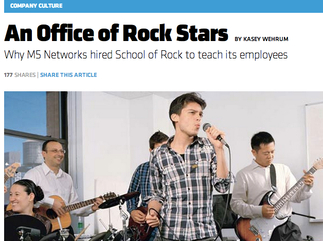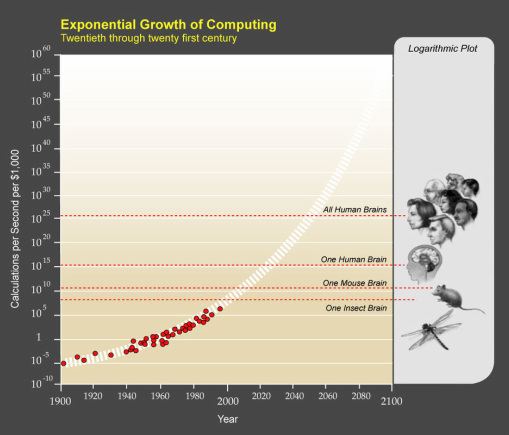
In my experience, Eric’s skepticism is the norm.
How high should learning be on the priority list?
Bersin surveyed 136 big company training departments and found that only 5% measure ROI of their programs, and 8% measure “actual business impact.” Why? First of all, it is hard to isolate training’s impact, given all the other external factors. Also, the returns usually come out preposterously large - “far higher than most organizations can compute.” Try measuring the ROI for sales training. I did, using M5's numbers for junior sales reps, average sales, churn and discount rate on the recurring revenue booked. I assumed an expensive training program for a team of 20, in which they all spend a full hour a day for a year learning, supported by 1/2 of a full-time trainer. If the program’s impact after a year is a 5% improvement in revenue, you get a 274% return on investment. Off the charts.
The reason that learning often doesn't get top billing, isn’t only that it is hard to compare to other initiatives. We don't trust learning programs to work. That’s our experience on the ground, usually. We tend to read books and forget them. Or an inspiring speaker gives us a buzz, but in a few days we realize we can’t actually do any of what she said. We usually give up on our commitments to practice a little each day. And our paradigm for learning is school, which hasn't changed much from the one-size fits all lecture + test based model. According to the Conference Executive Board, "Corporations spend an estimated $145 billion annually on training initiatives, but more than half of those dollars fail to result in tangible returns.“
So not only are the benefits fuzzy, the path to achieve them is uncertain. This keeps learning below other tasks on the priority list.
This will change. The benefits of learning are increasing. We’re now in a knowledge economy that values good ideas and decisions more than cranking out more units faster. Networked computers amplify and multiply the skills of any one person in a company.
Plus, we are learning how to learn faster, better, and with more predictable results. New EdTech companies are funded every day. Tim Ferriss is experimenting with how to learn whole languages in a week. Stikk reports that using its portal to setup stakes, referees, and supporters massively improves odds of succeeding with personal change goals. Companies like Udemy, Lynda, Udacity, and Coursera are throwing up tons of quality course content online, enabling a “flipping” of the learning experience that uses everyone’s time better. Skillshare, Everwise, Curious, and many others are facilitating learner-teacher matches quickly. And neuroscience is teaching us a lot about how to rewire the brain, shedding light on how most programs are simply too wimpy and don’t include the practices (like practicing) you really need to make a lasting change.


Besides, our species had better start getting better faster or else robots will surpass us, ushering in "The Singularity" ...
 RSS Feed
RSS Feed